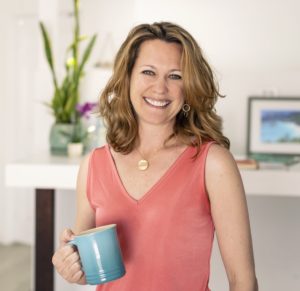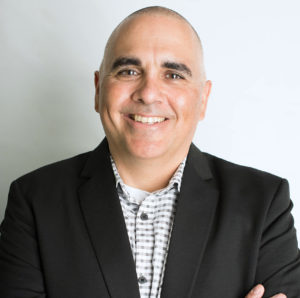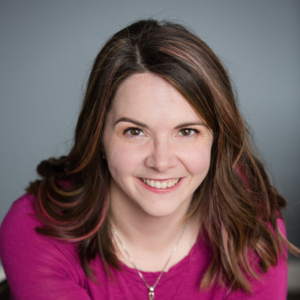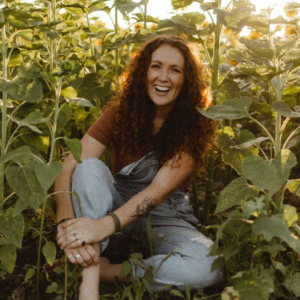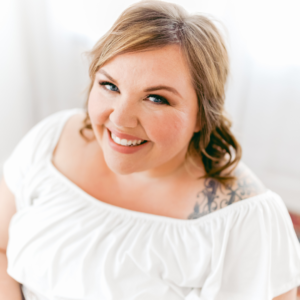I'm so excited to introduce you to this week's guest on Pep Talks for Side Hustlers, Craig Cannings!
Craig Cannings is the co-founder of Freelance University with his wife, Kelly. Craig (and his team) have had the privilege of helping over 20,000 students in 75 countries realize their dreams of launching a portable, freelance business (and lifestyle). He has enjoyed the great freedom of working from home and traveling abroad while raising their 5 wonderful daughters.
My friends at Freelance University are hosting the 2021 Virtual Skills Summit to give you practical opportunities to learn and master TEN new, in-demand skills that could transform your business (and your life). The Virtual Skills Summit is a 3-day, interactive, online event happening on May 10–12,2021. It is designed for those that are interested in learning high-demand skills that you can immediately turn into exciting new income opportunities. Grab your FREE pass for the 2021 Virtual Skills Summit and learn from 10 inspiring and talented speakers whose businesses, careers, and lives have been changed through mastering their ONE skill.
Push play to listen to this week's episode, or read the full transcript below!

